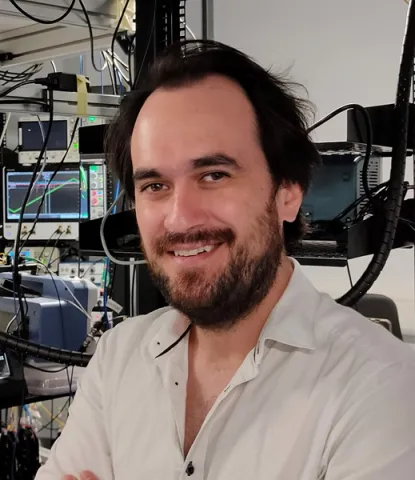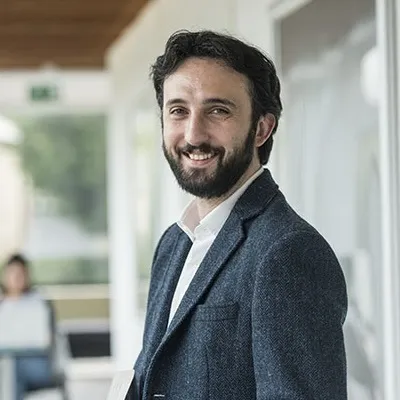About the project
This PhD project, in the Southampton group of Dr Patrick M Ledingham, concerns the development of a quantum optical memory – a device that stores and recalls on-demand quantum photonic states – to allow for synchronisation capability that will be crucial to scale up a future quantum photonic network.
The University of Southampton is expanding its PhD research in the area of Quantum Technology Engineering.
Quantum photonic networks enable powerful technologies like quantum computing, unprecedented sensing capability, and guaranteed secure communication, operating at high bandwidth.
A quantum memory must be capable of efficient storage and recall of broadband single photons, by mapping them into and out of atomic ensembles, in a way that is compatible with high-speed telecommunication networks.
This practical project will enable you to develop experimental skills in laser spectroscopy, quantum and non-linear optics, cryogenics, RF electronics, data analysis, control programming and single photon counting.
You will present your work at national and international conferences, and there are plenty of chances for local and international collaboration. In addition to the research project outlined below you will receive substantial training in scientific, technical, and commercial skills.
Your project will aims to combine the excellent coherent properties of rare-earth ion doped solids with state-of-the-art silicon nitride photonic integrated circuits.
Photonics is emerging as a strong platform for realising quantum-based technologies, since quantum information can be encoded into photons and travel long distances in low-loss telecommunication fibres under ambient conditions, without noise, and at high bandwidth. This opens the possibility for you to explore and exploit quantum phenomena without the need for ultrahigh vacuum components or ultracold cryogenic systems.

